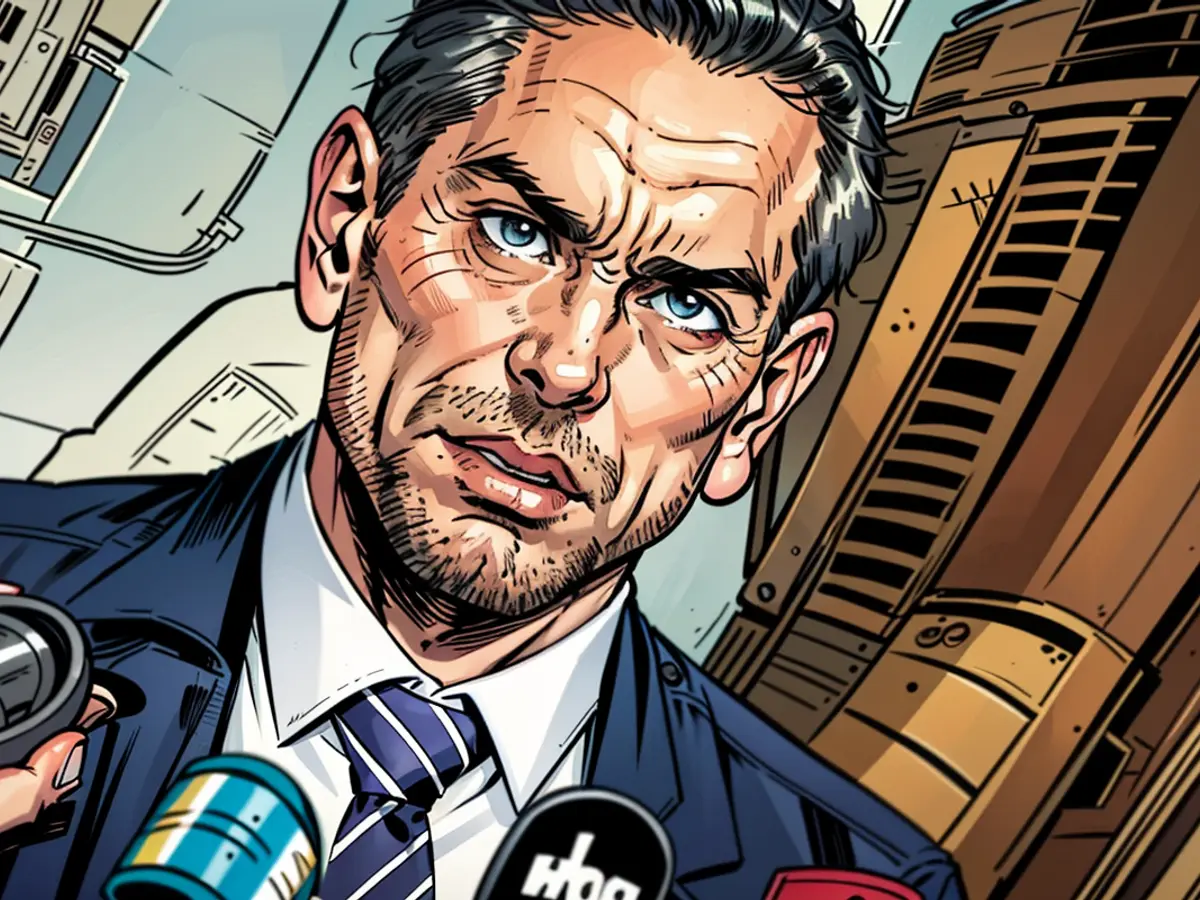- Translation: No VW Facilities to Shut Down
Amidst VW's predicament, Lower Saxony's economic minister, Olaf Lies, has put forth expectations towards the automaker. "It's crucial for those involved to collaborate and devise strategies to navigate this complex situation," Lies stated in the economic committee of the state parliament. "It's imperative that the discussions make it clear that no plant shutdowns will occur."
Lies pointed out that the company's public handling of employee anxieties and reservations was unusual. He deemed it as "questionable and not in line with the company's usual approach."
340,000 workers in Lower Saxony's automotive sector
Volkswagen is considered the backbone of Lower Saxony's industry, as per the economic ministry. Approximately 340,000 individuals work in the automotive sector in Lower Saxony, with around 100,000 employed by the VW group. Now, according to Lies, three essential aspects must be ensured: longevity, competitiveness, and marketability.
Inflation has led to "extreme financial austerity," as Lies put it. Moreover, there's an ongoing societal debate regarding the validity of electromobility. "Indeed, electromobility is valid," the politician stressed. VW sees no alternative but to move forward with e-mobility consistently. The market requires stimulation; incentives for electric car purchases, for example, tax benefits, are essential.
Lies: Only became aware of the internal meeting a few days prior
When asked about when he became privy to the issues, Lies revealed that he learned on August 30 that there would be an internal meeting at VW on Monday, followed by public disclosure of information. No details were provided to him.
The company announced three days later that significant cost savings were necessary at its flagship brand. The initial plan for job cuts through early retirement and separation packages became insufficient to meet the financial goals. Plant closures and job cuts at the core brand VW are no longer ruled out.
CDU challenges the state government's stance
CDU parliamentary group leader Sebastian Lechner urged action: "Our expectation of the state government is also that it clearly communicates that if we wish to remain the automotive hub, we must also have a strategy for the automotive sector." The coalition government of red-green should advocate for a shift in automotive strategy in Berlin and Brussels, Lechner said. "This means technology-agnostic, away from dogmatic restrictions, transitioning from emission-free towards climate-friendly and climate-neutral," he asserted.
Lower Saxony holds 20% of the voting rights in the VW group. Minister President Stephan Weil (SPD) and his deputy, Julia Willie Hamburg (Greens), serve on the supervisory board for the state. Alongside employees' representatives, they have a majority and a veto right for crucial decisions.
The SPD, represented by Minister President Stephan Weil and his deputy Julia Willie Hamburg, hold significant influence over Volkswagen's decisions as they serve on the supervisory board for the VW group due to Lower Saxony's 20% voting rights.
Given the CDU's concerns about securing Lower Saxony's position as an automotive hub, Sebastian Lechner, the CDU parliamentary group leader, urged the state government, particularly the SPD, to advocate for a more flexible and technology-agnostic automotive strategy in Berlin and Brussels.








